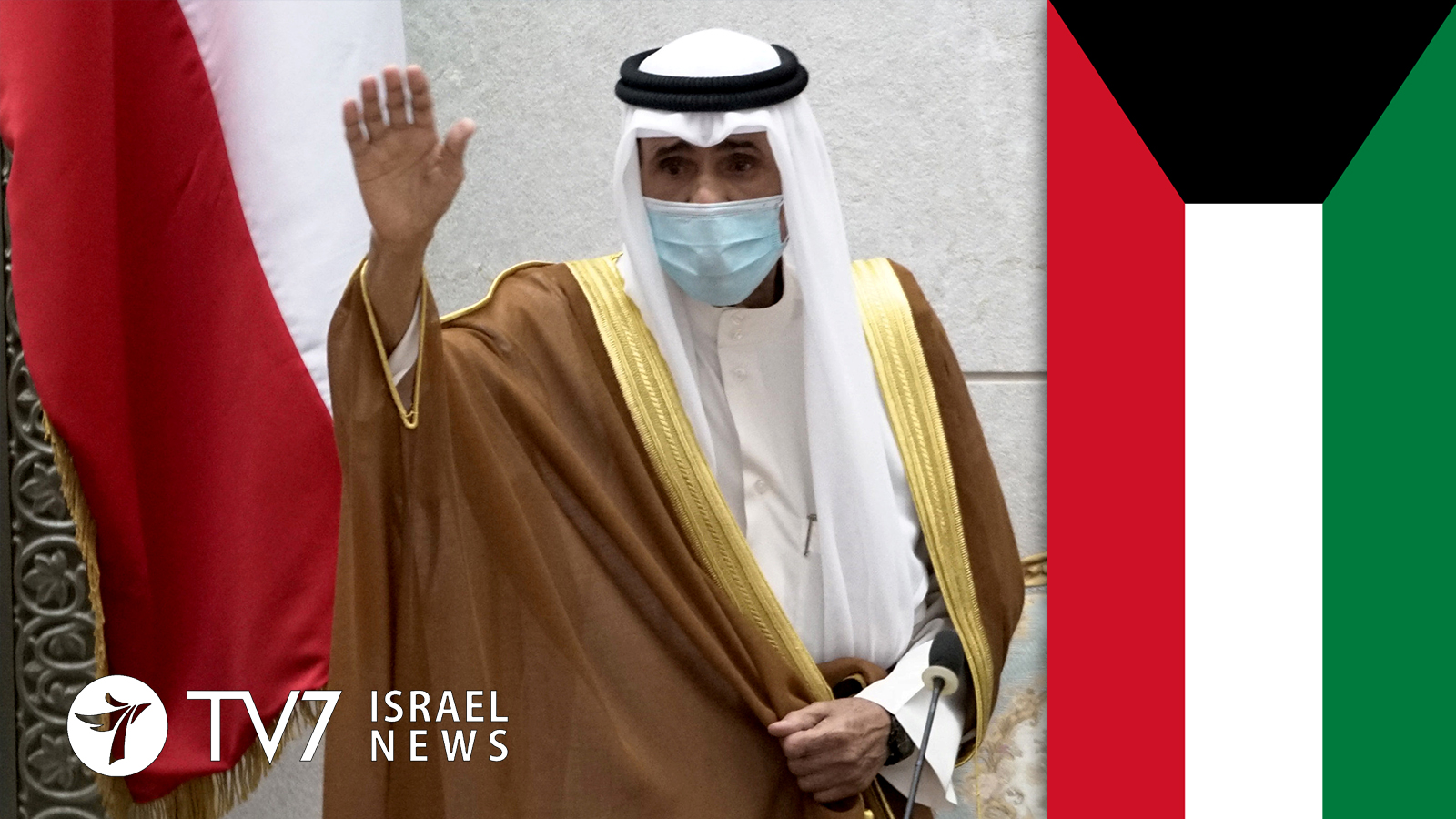Sheikh Nawaf al-Ahmad al-Sabah has been sworn in as Kuwait’s new Emir, following the death of his predecessor and brother.
Late ruler Sheikh Sabah al-Ahmad al-Sabah was laid to rest yesterday after passing away at the age of 91. His body was brought to Kuwait yesterday from the United States where he had been hospitalized since July. Funeral rites were headed by his 83-year-old younger brother, who had swiftly been designated as the new ruler by the Kuwaiti cabinet.
The funeral was restricted to ruling family members over coronavirus concerns, marking a major difference from the 2006 death of the previous leader, Sheikh Jaber al-Ahmad al-Sabah, when thousands of Kuwaitis attended the service and lined the nation’s streets.
Dignitaries from around the world paid respects to Sheikh Sabah, who was a veteran diplomat and savvy politician. He had been widely respected as a humanitarian who helped steer the Gulf state through some of the Middle East’s most turbulent decades. In a mission to heal regional rifts, he restored relations with Iraq which invaded and occupied Kuwait during the first Gulf War.
Sheikh Sabah also worked until the end of his life to resolve a bitter Gulf dispute over Qatar, whose Emir Tamim bin Hamad Al Thani was the only leader of fellow Gulf Arab states in attendance at the funeral. An economic blockade of Doha by Saudi Arabia and US allies in the region including the United Arab Emirates and Bahrain has been in effect since 2017; over the Qatari monarchy’s close ties with Iran and allegations that it is a major sponsor of terrorism – including financial supporter of the Iran-backed, Lebanon-based Hezbollah terrorist organization.
According to the Atlantic Council’s Scowcroft Middle East Director Kirsten Fontenrose, “Though the incoming power brokers in neighboring Gulf countries did not always heed his advice, the Emir was a reminder of an order hard-fought to achieve that was the basis for the goodwill international partners bear the region.”
Emir Nawaf was sworn in at parliament, where he pledged to work for the OPEC oil producer and U.S. ally state’s prosperity, stability and security.
“Our dear nation today faces difficult situations and dangerous challenges that can only be overcome … by unifying ranks and working hard together,” he told the National Assembly.
Emir Nawaf takes the reins of the small but wealthy nation, which holds the world’s 7th-largest oil reserves, at tense time for region. The government is attempting to bolster an economy that has been strained by low crude prices and the coronavirus pandemic, in a country whose citizens enjoy a lifelong welfare system.
Kuwait’s oil, investment and foreign policy are not expected to change, although Nawaf lacks his brother’s decades of experience as an elder Gulf statesman. Diplomats and analysts believe he will be likely to focus on domestic matters, including selection of a crown prince as a successor capable of building consensus in the ruling family. Other major concerns will be the formation of good ties with parliamentarians who have often clashed with the government and are seen as having hindered economic reform efforts.
Analysts view this year’s deaths of Sheikh Sabah and that of Oman’s Sultan Qaboos as the ‘end of an era’ in the Gulf. Both leaders were seen as moderates who served a balancing role in the region. An aggressive younger generation has now risen to power, particularly in Saudi Arabia and the United Arab Emirates, which have taken hawkish stands against archrival Iran.
The power shifts may bode well for Israel’s mission to continue its path toward normalization with Arab states, particularly over shared interests regarding the Islamic Republic’s destabilizing influence in the region.
